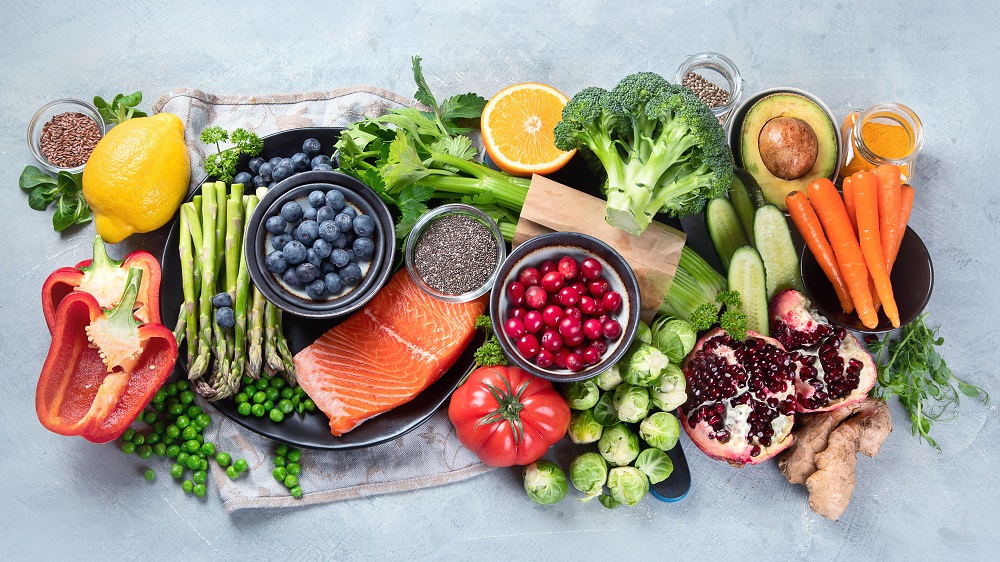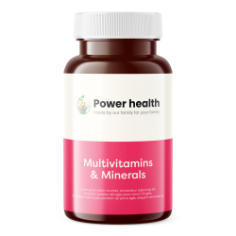What is Vitamin K2?
Vitamin K2 (one of the least heard of vitamins and also called menaquinone) plays a role in helping blood clotting*, heart health, bone health, teeth and muscle function. It also contributes to the normal functions of the immune system.
Recent studies suggest that both vitamin K2 & vitamin D3 (vitamin D stimulates the body to produce more of the vitamin K2-dependent proteins that transport calcium) are essential for good health are often taking together as a daily supplement as deficiencies in both these vitamins are common.
Discovered by a German scientist in 1929 and called Koagulationsvitamin, hence vitamin K.
*Blood clotting may not sound good but a certain amount of clotting-ability in your blood is important for your health. The ability for your blood to clot is what keeps you from continuous bleeding after an injury. Blood that’s too thin can make you bruise more easily and even leave you at risk for dangerous internal bleeding.

Sources of Vitamin K2
There are many sources of vitamin K2, some healthier than others.
Healthy sources of vitamin K2
Nattō (fermented soy)
A popular Japanese dish, made from fermented soybeans and has a sticky or slimy texture.
You may be able to find it at some health stores, Asian grocers, or online retailers. You can also find recipes online to make it yourself.
Chicken breast
Chicken breast is both high in vitamin K2, all-around healthy and traditionally part of a common Western diet, for meat-eaters at least.
Sauerkraut
Sauerkraut is made from fermented cabbage. Like other fermented foods, it’s full of good bacteria that help keep your gut microbiome in balance. That means that in addition to helping you get more vitamin K2 from eating it, you also get the benefit of improving your gut health. That helps your body make more vitamin K2 for itself.
Fermented milk (kefir)
Kefir is a fermented dairy drink that’s similar to a thin yogurt.
Less healthy choices for vitamin K2
As always with diet, some foods that have high amounts of useful vitamins are ones we love to eat but shouldn’t be abundant in your diet. They often come with other downfalls that we don't want like high fat etc.
Gouda
A small amount of certain cheeses in your diet isn't a bad thing. Cheese is high in calcium and protein.
Gouda is a good source of vitamin K2 and healthy bacteria that is good for gut health.
Blue cheese
Blue cheese is a good source of vitamin K2 and calcium. But it’s very high in saturated fat and sodium.
Egg yolks
Egg whites are considered the healthier part of the egg because egg yolks have saturated fat and can raise your bad cholesterol levels. They also have a good amount of vitamin K2.
Chicken liver
Not everyone's favourite but, if you enjoy it it’s a nutritionally solid choice. In addition to a high amount of vitamin K2, it’s rich in iron, B vitamins, protein and more.
Benefits of taking vitamin K2
- Heart health
Too much calcium deposited in the wrong place i.e. arteries & organs will cause problems but vitamin K2 helps to direct calcium to the bones instead.
- Building healthy bones
We all think calcium when thinking of strong and healthy bones, which is true, calcium is very important for bone health, but research tells us that calcium doesn't work alone.
Low levels of vitamin K are associated with a higher risk of bone fractures, but, vitamin D, vitamin K and calcium all work together to improve bone health.
Vitamin K2 activates the proteins that help regulate calcium deposition. This means that it supports the calcification of bones and prevents calcium deposits from forming in the blood vessels.
- Dental health
Protein is needed to build strong teeth and vitamin K2 activates this protein, osteocalcin, and regulates bone calcification.
Summary of vitamin K2
Vitamin K2 is incredibly important when it comes to making sure our body functions properly. Our blood wouldn’t clot, our bones wouldn’t develop as they should, or stay healthy and strong, and any wounds would heal with great difficulty without vitamin K2.
If deficiencies occur, vitamin K2 levels can be increased either by eating vitamin K2 foods or taking supplements. As always, If you are planning on taking dietary supplements, always check with your GP first.












